Feel great knowing your donation could lead to a breakthrough discovery or help a patient lead a better quality of life. Compensation levels are different based on the type of collection performed or Special Recruitment Requests from researchers. When your donation is complete, you’ll be compensated for your time and efforts.
Please call our donor center nearest you for specific details.
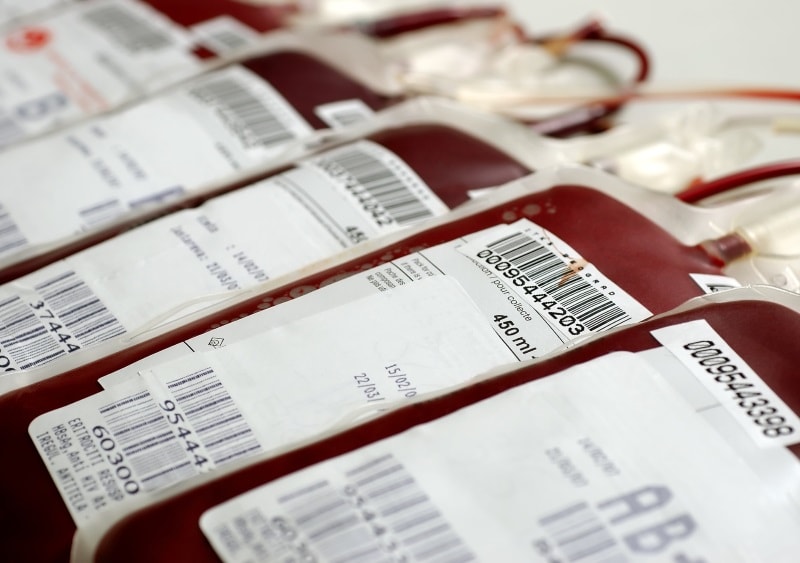
Need more reasons to donate blood? Here are five health benefits you may not have known about.
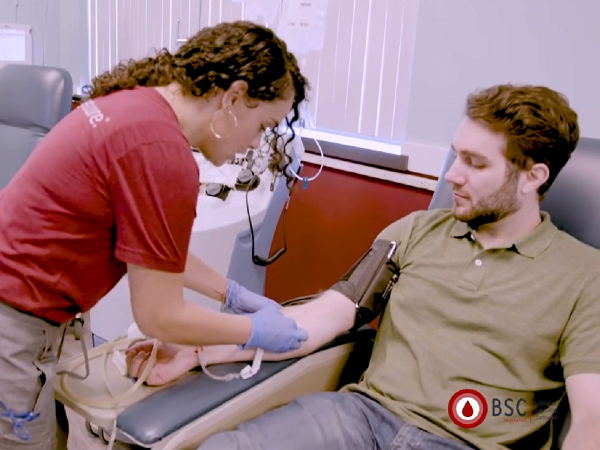
White blood cells, often called immune cells, are critical to scientist seeking to advance patient outcomes. Learn about the process of donating your immune cells through the apheresis process.

Both first-timer and veteran blood donors can benefit from the following guidance on how to prepare for blood donation.
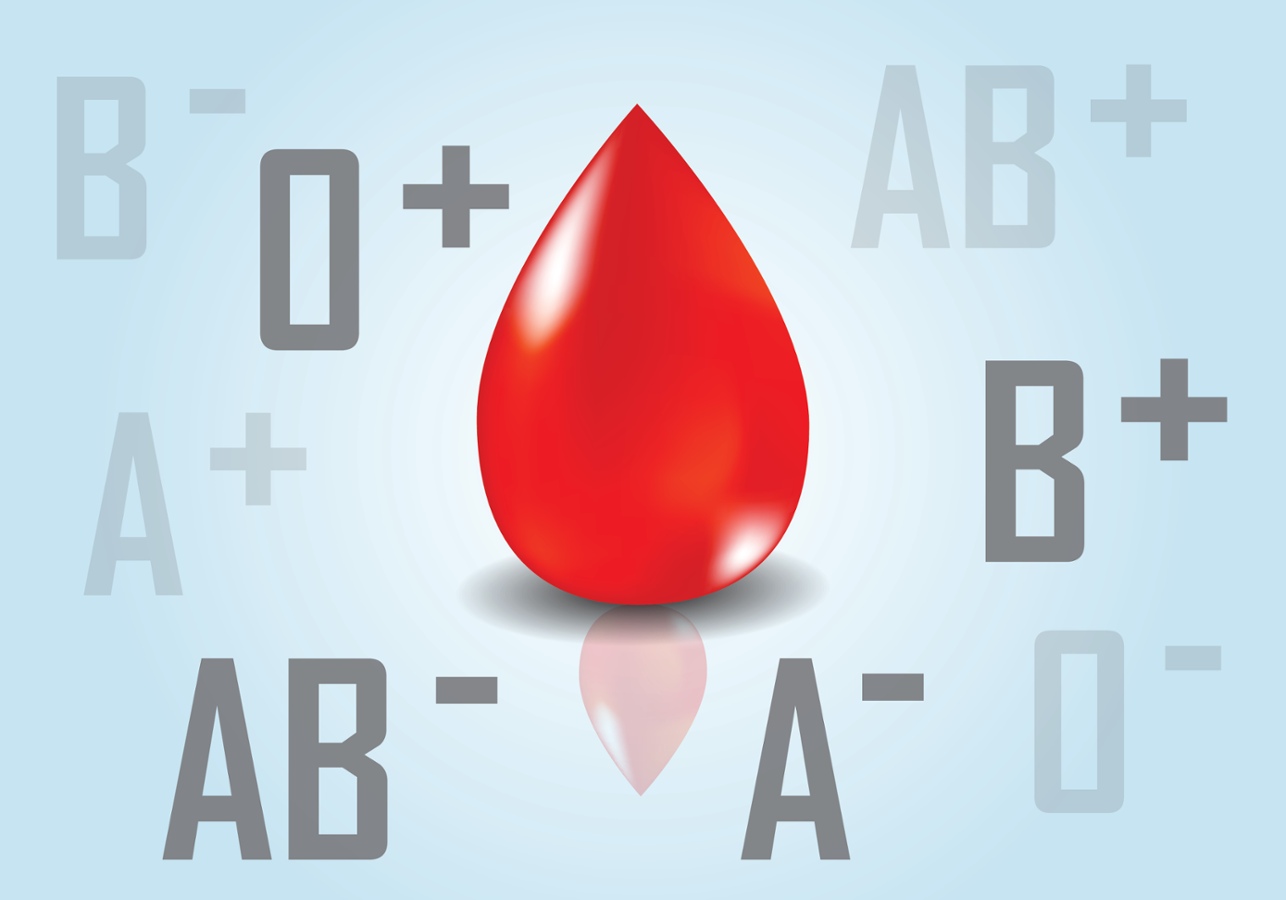
What’s your blood type and why does it matter? Whether you’re AB-positive or O-negative, your blood donation is important to researchers!
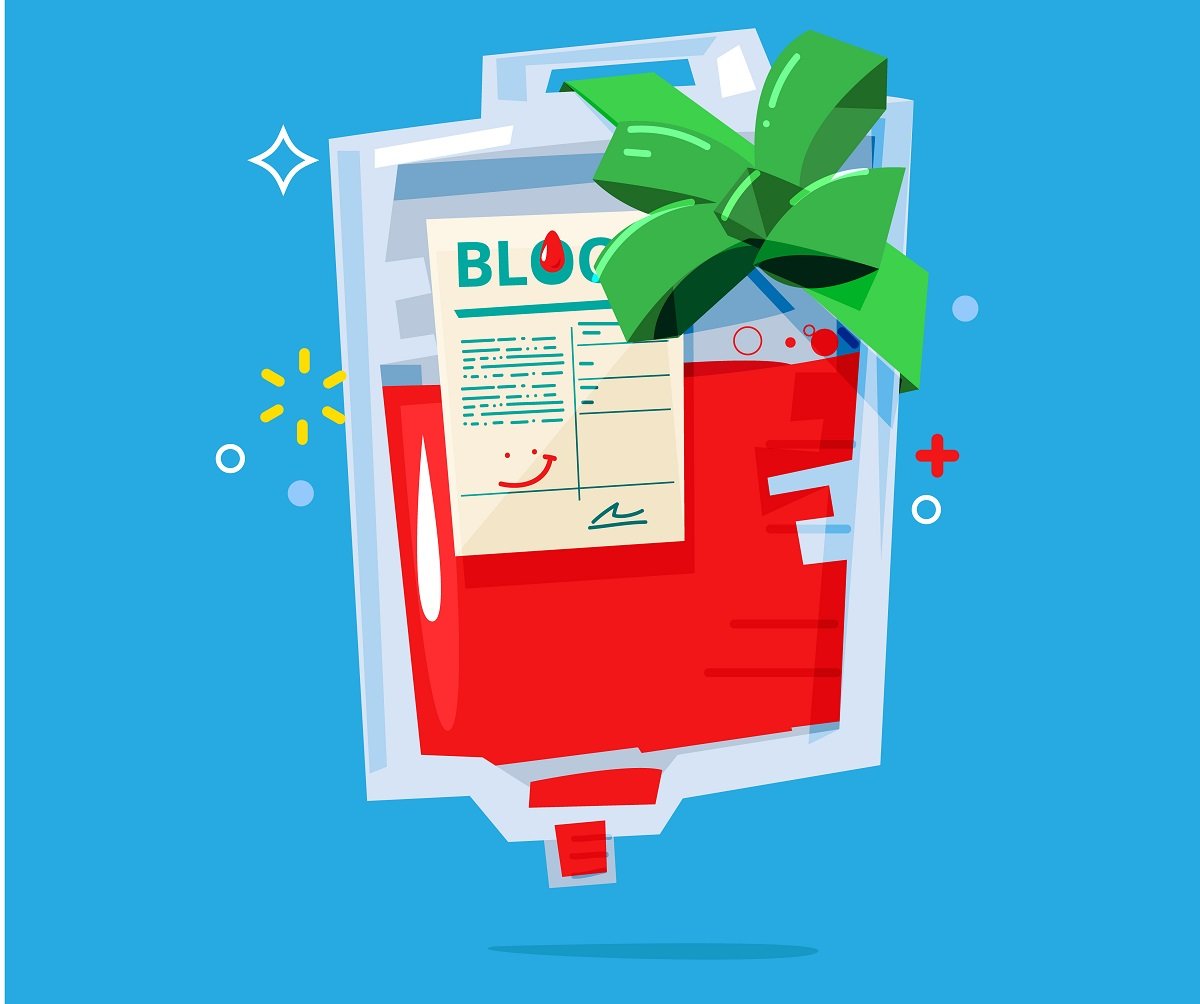
These 5 reasons to donate blood during the holidays may inspire you to give back in a meaningful way this year.

Some people stop donating blood for research in the summer. That’s unfortunate, because blood donations are important all year long.
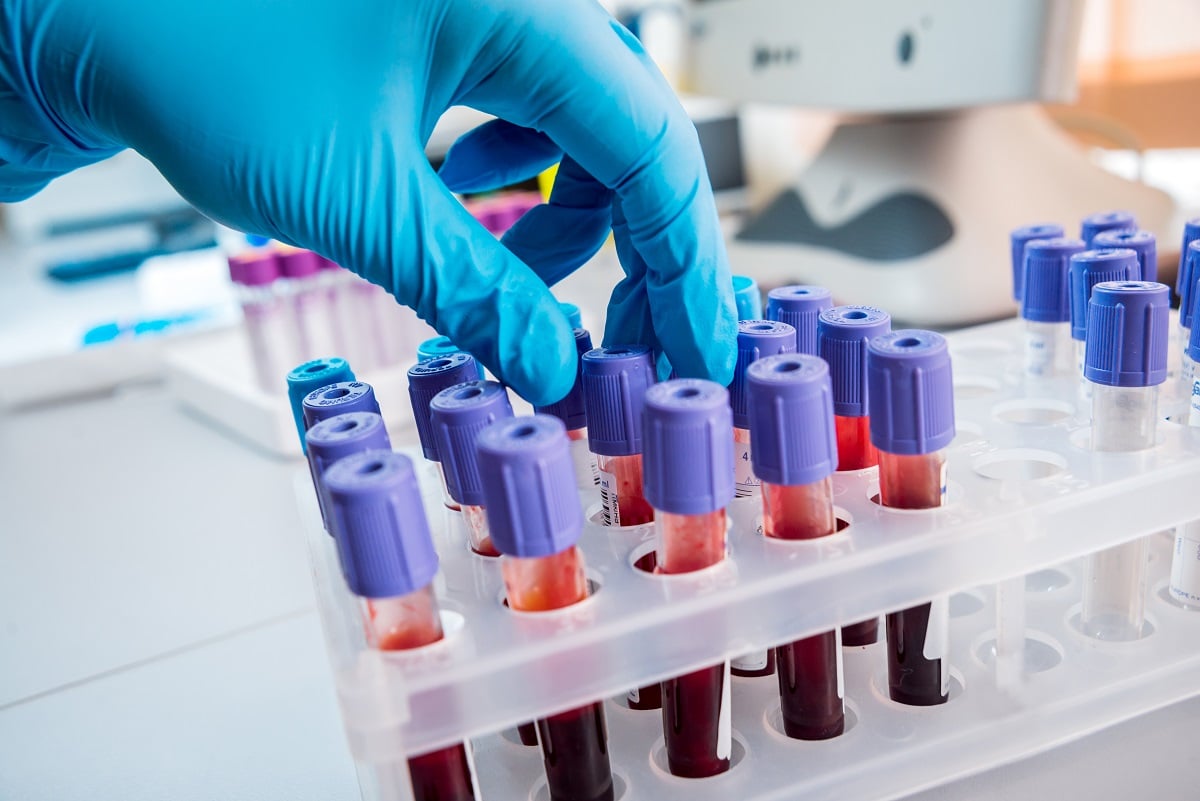
It's important for donors to understand the difference between donating blood for transfusion into patients versus use in scientific studies. Learn why blood collections at BSC support research and are necessary for the advancement of medicine.

Sure, you can donate blood by yourself, but it’s even more rewarding to donate with a friend!
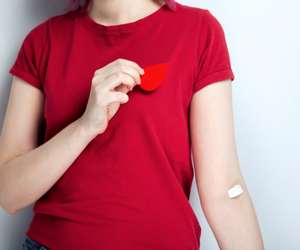
Hosting a blood drive is not a small endeavor but breaking it down into five tangible steps makes executing a drive easy.
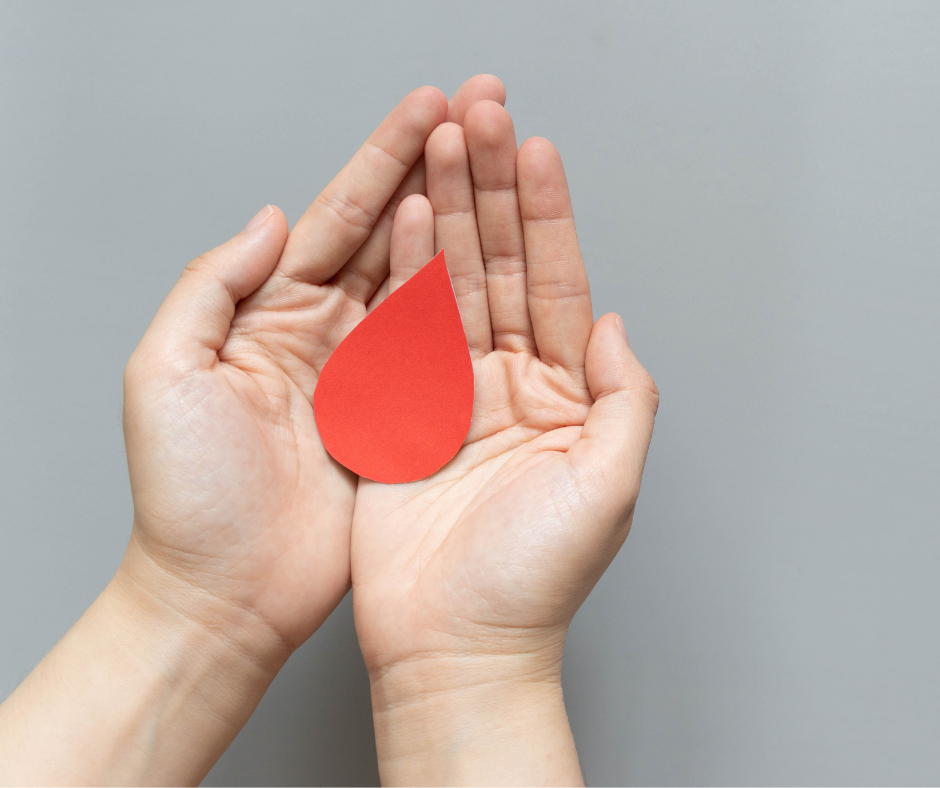
There are many good reasons to give blood and over time donors experience even more benefits.
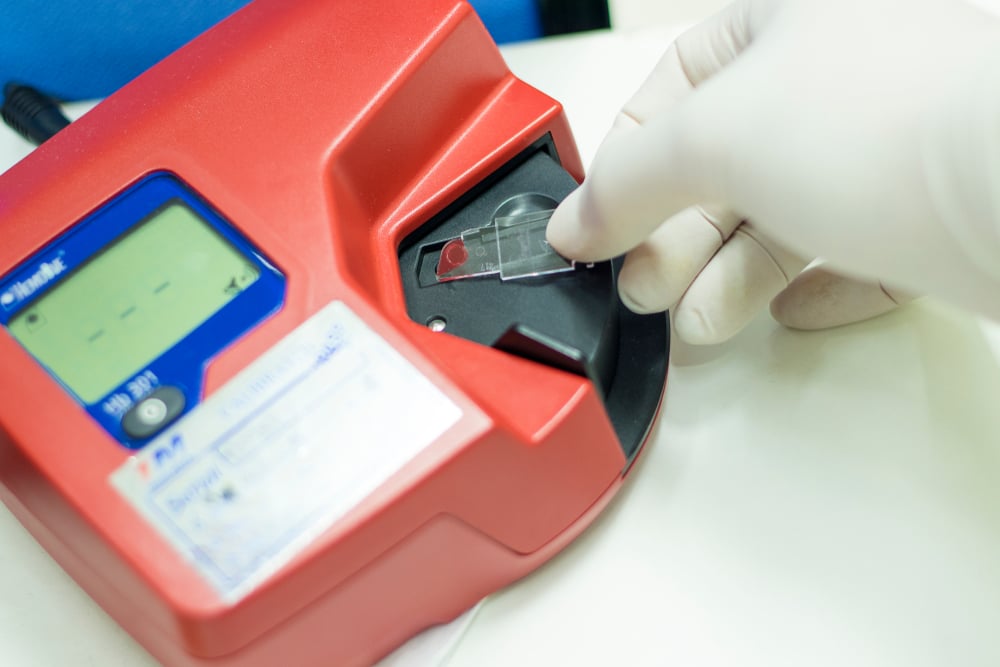
It may not be a familiar term but chances are you've encountered one at a visit to your doctor or an emergency room. Point-of-care (PoC) testing enables more rapid analysis of patient specimens outside of a lab, near or at the site of patient care. Learn how our valued donors contribute to research and development of new PoC testing and the ways donors participate.
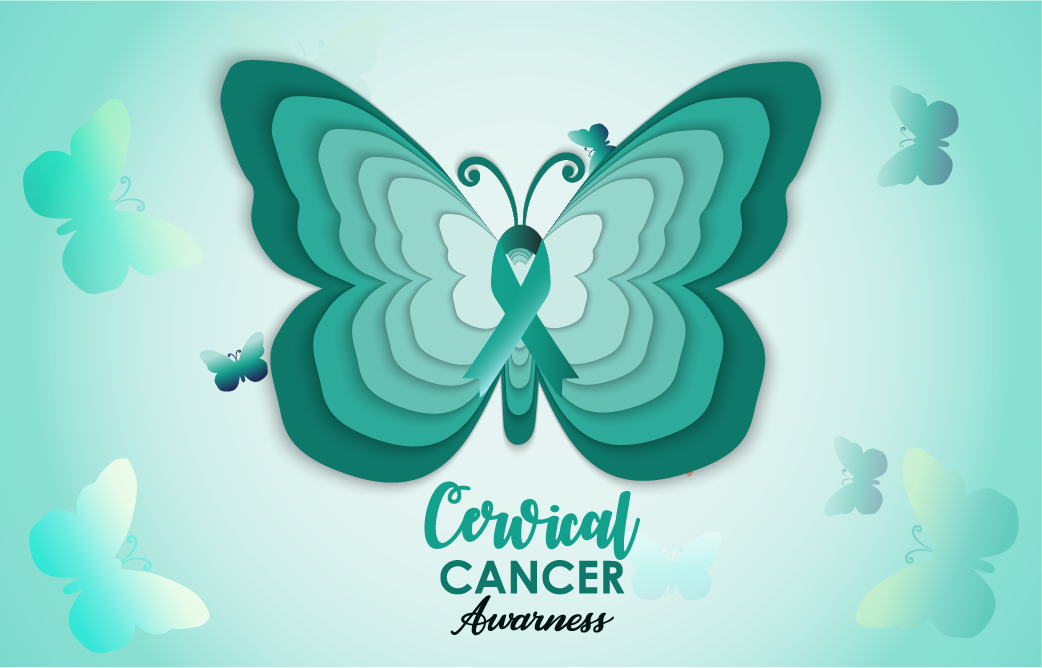
All women are at risk for cervical cancer, described as a malignant tumor of the cervix at the lowermost part of the uterus. Historically, treatments have been limited to surgery, radiation and chemotherapy but today, thanks in part to #bloodforresearch, scientist have developed vaccines and immunotherapies that target cervical tumors and improve outcomes.
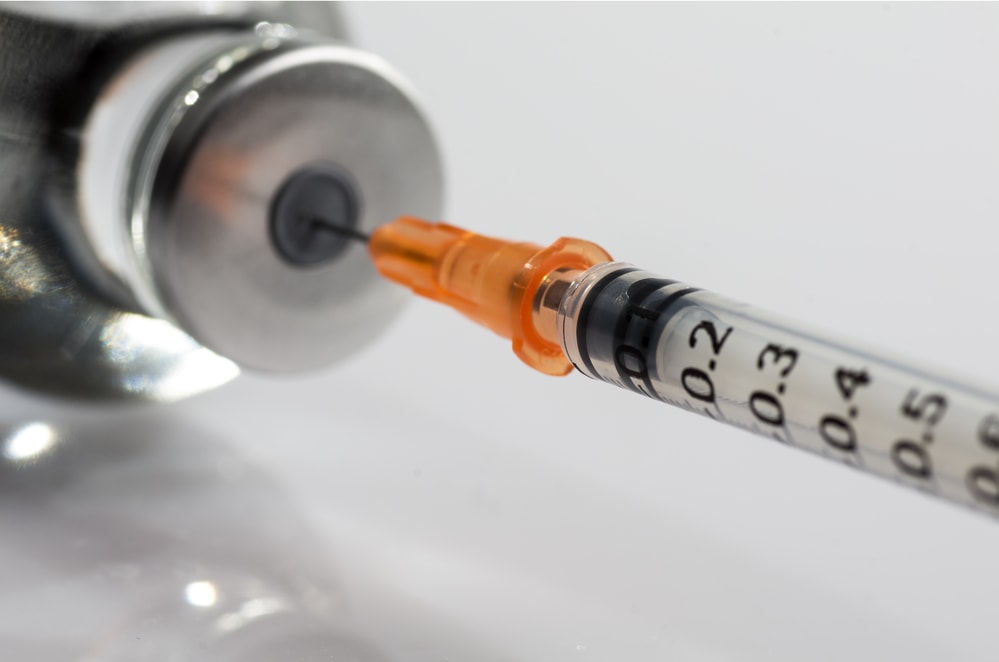
It's no easy task to bring a vaccine to the public but scientists have been working tirelessly to do just that. Vaccine developers announced positive news regarding COVID-19 vaccine efficacy tests.
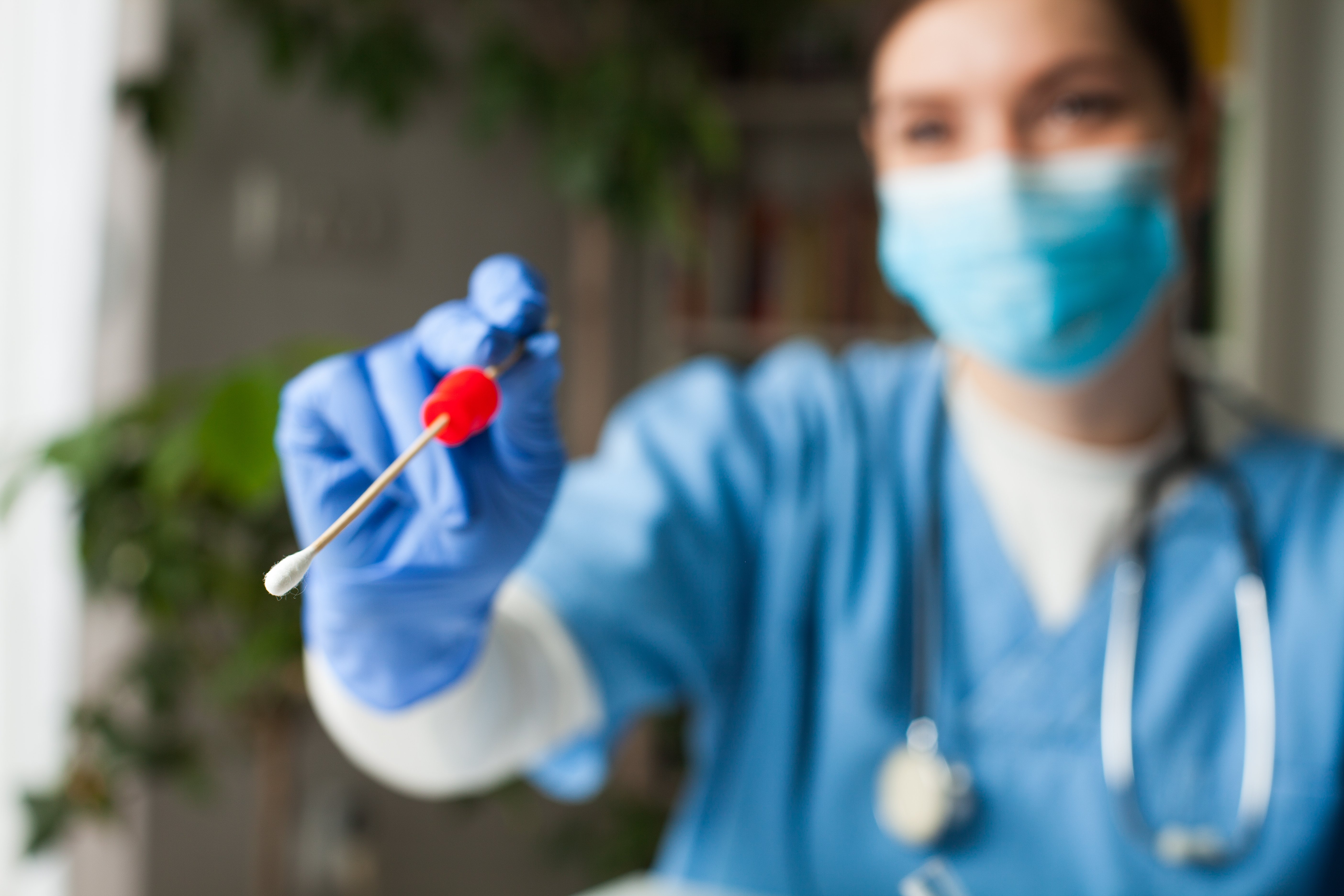
Most diseases are caused by pathogens, typically viruses, bacteria or parasites, that attack the body’s natural immune system. Vaccines use inactivated or attenuated forms, small inactive parts, of these pathogens to stimulate our natural immunity and provide protection against infection. Covid-19 is no exception.
What begins with a diagnostic test, commonly a PCR swab in the nose or throat, revealing whether someone has been infected by the virus, leads to blood donations from both ill and recovered donors aiding scientists to vaccine discovery.
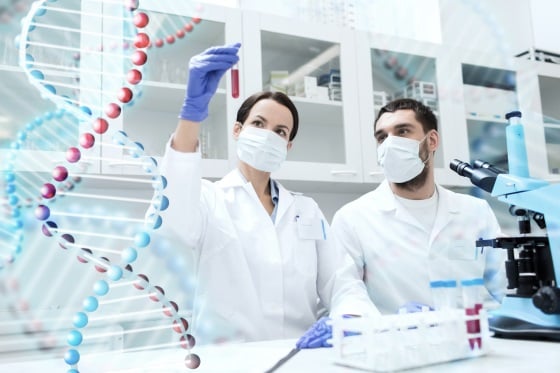
First patients to receive advanced gene therapy to treat cancer still in remission after 12 years, new results show
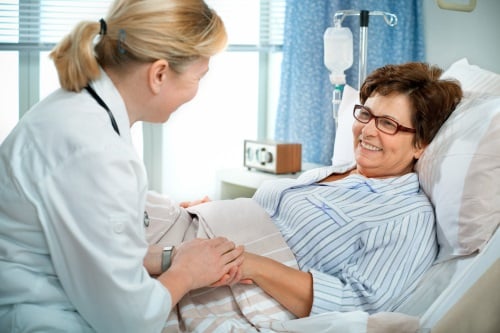
Want to understand what CAR-T, Immuno-oncology and Immunotherapy mean to cancer patients? Read this blog by Scientific American for information about this new exciting therapy that has had unprecedented success in blood cancers (leukemia and lymphomas) as well as other tumor types.
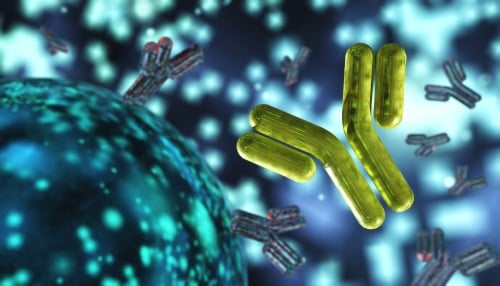
The story behind the development of the amazing immunotherapy age for cancers is a wonderful success story of science and hard work. Read more about it in this story by Nautilus.
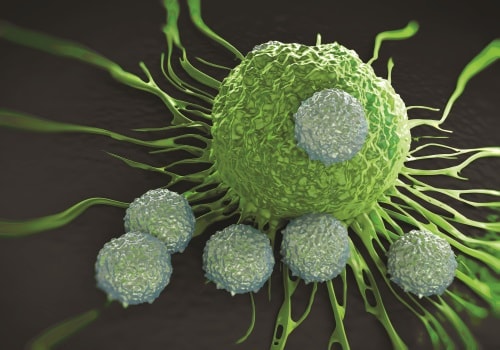
Taking advantage of the body’s own mechanism is what immuno-therapy is all about. In this great article, read up on how scientists are re-directing the body’s immune regulatory system to decrease so-called bad immune responses leading to autoimmune disorders such as multiple sclerosis, inflammatory bowel disease, rheumatoid arthritis and other such diseases.
Donors provided their testimony voluntarily and they were not paid to provide a review of BSC. Donors are compensated for their time and effort in donating specimens for research.
Ten years ago I started with BSC. It has been an amazing and rewarding experience ever since I started. After about a year, I started donating white blood cells every other week. The professionals at BSC could not have been more helpful or better at making me feel comfortable. I absolutely love the people here. I like feeling included in the work, and it’s wonderful to feel appreciated as we go about this task of helping others.
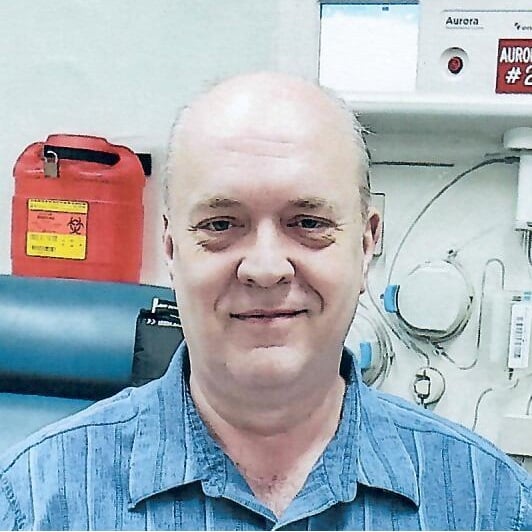
|
- Alex B. |
I started coming to Biological Specialty in May, 2005 to donate whole blood a couple of times. I started back up in 2012 to do Source Plasma. At this time, I learned that what we donate goes towards medical testing. As an added bonus we get paid for it too. I started donating white blood cells recently. And again it goes towards medical testing. If it means I can give something to help someone, I am for it.
| - David T. |
I have been donating plasma at BSC for a little over one year now and I would highly recommend using this facility if you’re interested in participating and contributing to the various health research projects that are valuably needed by researchers today. The staff at BSC is very accommodating with the donor’s needs and their schedule.
| - Albert A. |
I’ve been going to BSC since 1994 when I was a freshman in college and I still go today. It’s great to be able to make some extra bucks while supplying blood for research. I would highly recommend BSC to anyone who wants to help make a difference in the scientific community.
| - Jesse A. |
DO NOT SELL OR SHARE MY INFORMATION
M-Th: 7 AM - 3 PM
F: 8:30 AM - 10:30AM
M-F: 7:30 AM - 3:30 PM
Programs:
Bone Marrow, Whole Blood, White Blood Cells
M-F: 6:00 AM - 12:00PM
Programs:
Whole Blood, White Blood Cells
M-Th: 7 AM - 3 PM
F: 7 AM - 12 PM
Programs:
Whole Blood
M-Th: 8:30 AM - 3 PM
F: 8:30 AM - 12 PM
Programs:
Whole Blood, Plasmapheresis
M-Th: 7 AM - 3 PM
F: 8:30 AM - 1:00 PM
Programs:
Whole Blood, Plasmapheresis, White Blood Cells